would you buy this house?
purrus
14 years ago
Related Stories

DECORATING GUIDESDecorate With Intention: To Buy or Not to Buy
Before you make your next home-decor purchase, ask yourself these 10 questions
Full Story
MOVINGHome-Buying Checklist: 20 Things to Consider Beyond the Inspection
Quality of life is just as important as construction quality. Learn what to look for at open houses to ensure comfort in your new home
Full Story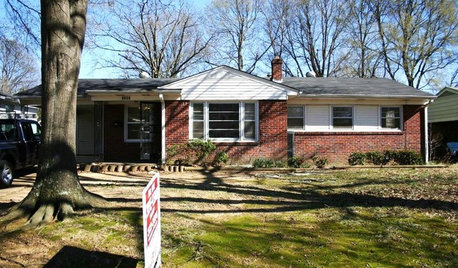
REMODELING GUIDES5 Ways to Protect Yourself When Buying a Fixer-Upper
Hidden hazards can derail your dream of scoring a great deal. Before you plunk down any cash, sit down with this
Full Story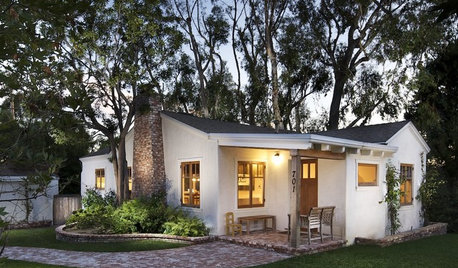
MOVING5 Risks in Buying a Short-Sale Home — and How to Handle Them
Don’t let the lure of a great deal blind you to the hidden costs and issues in snagging a short-sale property
Full Story
ARTCollect With Confidence: An Art-Buying Guide for Beginners
Don't let a lack of knowledge or limited funds keep you from the joy of owning art. This guide will put you on the collector's path
Full Story
PRODUCT PICKSGuest Picks: Strategic Buys for a Sophisticated Reading Nook
Give a nook for books smart style with the right chair, shelving, lighting and accessories
Full Story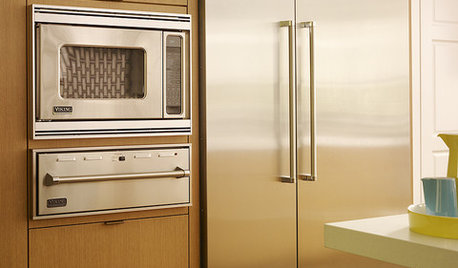
KITCHEN DESIGNA Cook’s 6 Tips for Buying Kitchen Appliances
An avid home chef answers tricky questions about choosing the right oven, stovetop, vent hood and more
Full Story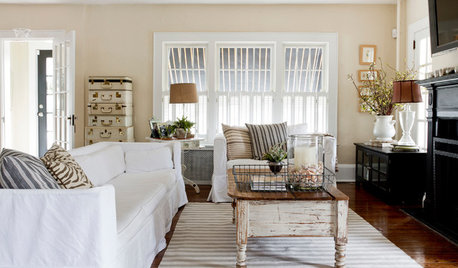
FEEL-GOOD HOMESimple Pleasures: 10 Ideas for a Buy-Less Month
Save money without feeling pinched by taking advantage of free resources and your own ingenuity
Full Story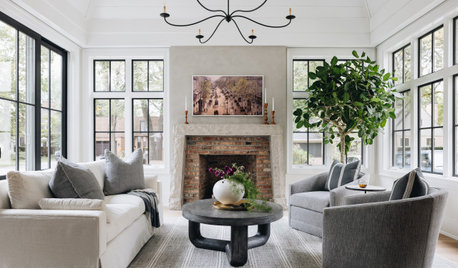
FURNITUREHow to Buy a Quality Sofa That Will Last
Learn about foam versus feathers, seat depth, springs, fabric and more for a couch that will work for years to come
Full Story
GARDENING GUIDESMake Sure You Read This Before Buying New Plants
Follow these 10 plant-selection tips to avoid buyer’s remorse
Full Story






ncrealestateguy
purrusOriginal Author
Related Professionals
Bowling Green General Contractors · Chatsworth General Contractors · Del Aire General Contractors · Easley General Contractors · Melville General Contractors · Mishawaka General Contractors · Riverside General Contractors · Rocky Point General Contractors · Rohnert Park General Contractors · Shorewood General Contractors · Westerly General Contractors · West New York Home Stagers · Westminster Home Stagers · Charleston Interior Designers & Decorators · Morton Grove Interior Designers & DecoratorspurrusOriginal Author
chisue
purrusOriginal Author
chisue
roobear
GammyT
purrusOriginal Author
chisue
Linda
purrusOriginal Author
chisue
purrusOriginal Author
marys1000
purrusOriginal Author
neesie
purrusOriginal Author
chisue
purrusOriginal Author
chisue
woosisu